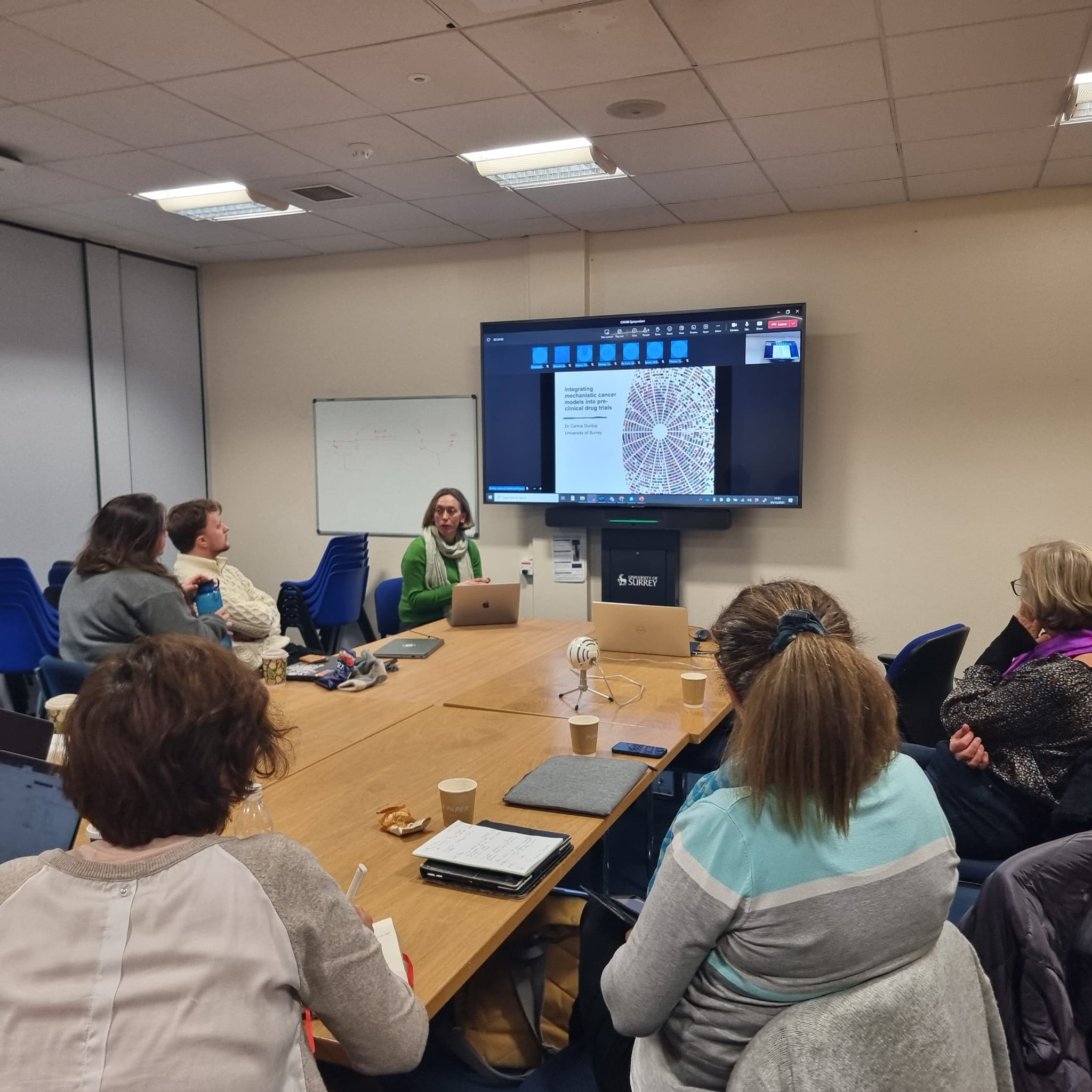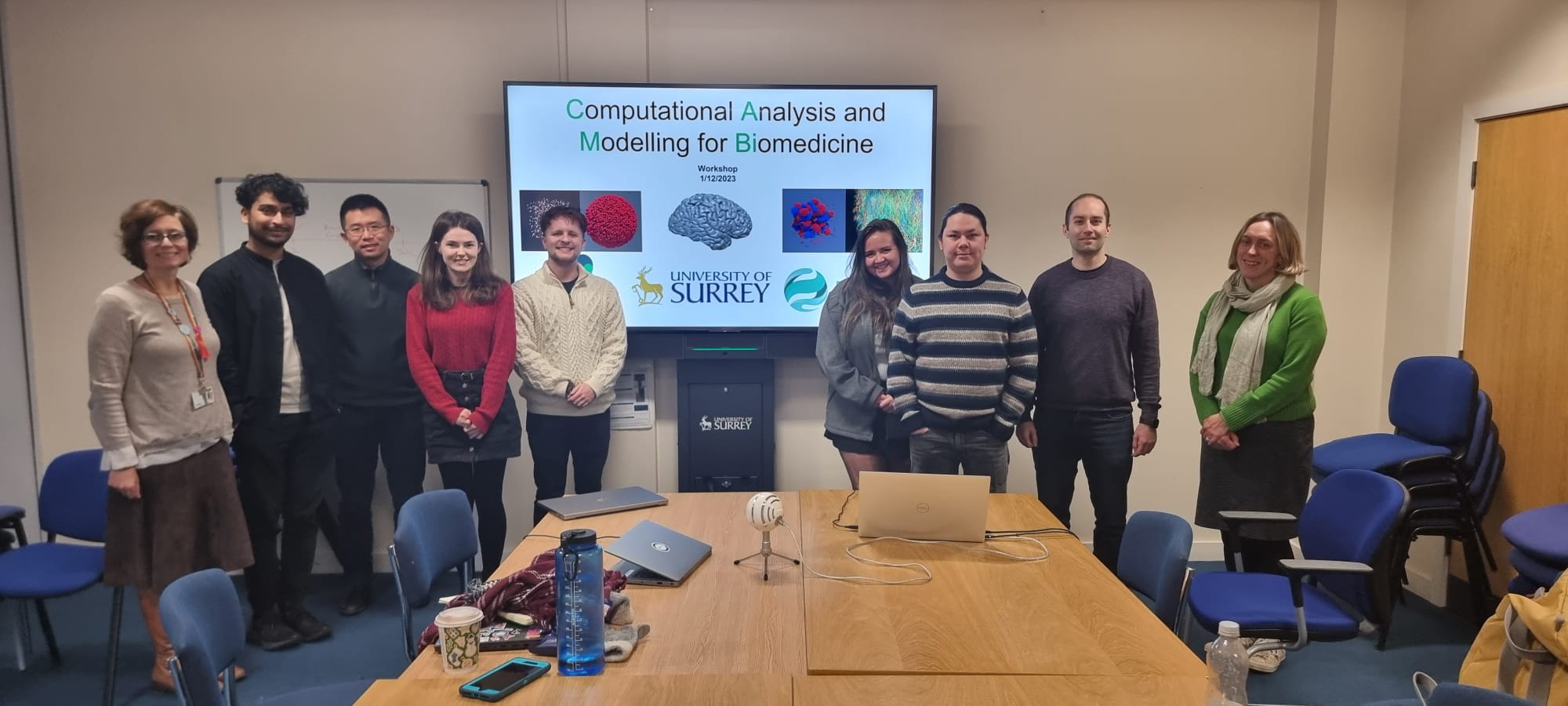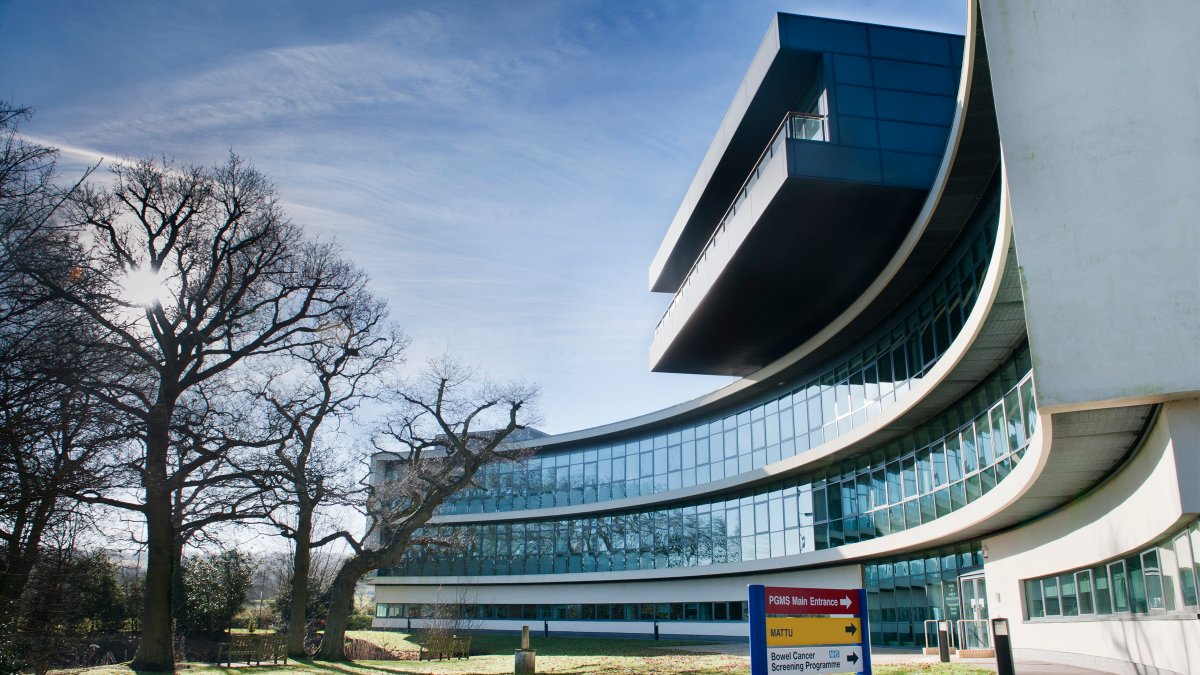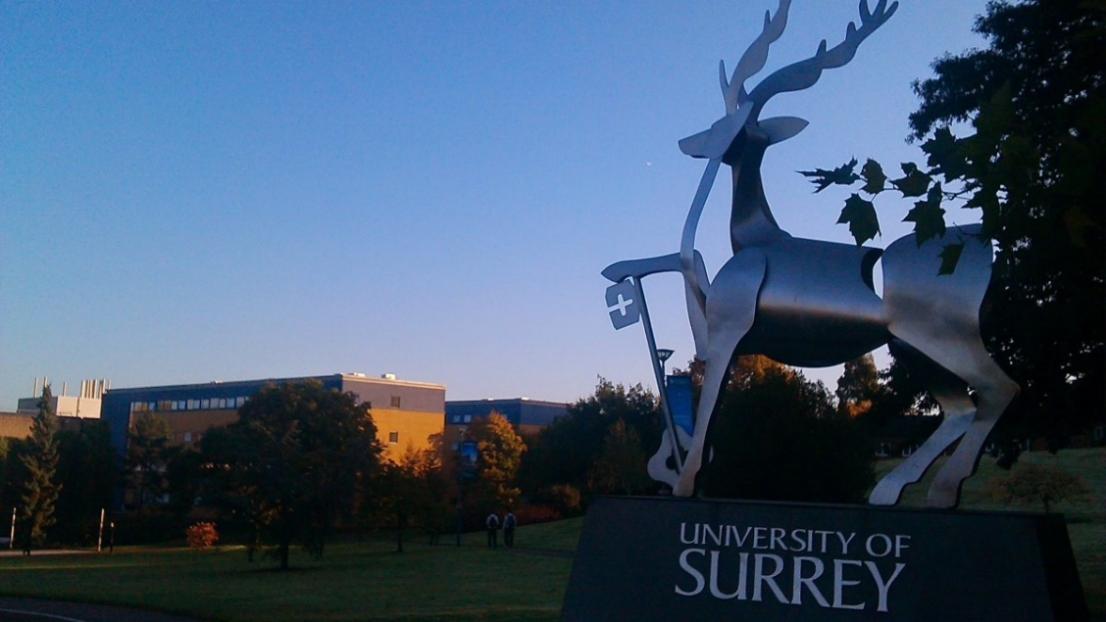Workshop Title:
Computational Analysis and Modeling for Biomedicine
Date:
December 1st, 2023 (GMT)
Organizer:
University of Surrey (UK)
Keywords:
- Computational Biomedicine
- AI for Medicine
- Computational Neurology
- Computational Science
- Agent-based Modeling
Workshop Chair:
Personal Bio:
Roman received his Bachelor's and Master's Degree in Computational Science and Engineering from ETH Zuerich, Switzerland. Afterwards, he did his doctoral studies at the Institute for Neuroinformatics (INI) at ETH Zürich and University of Zürich, working on simulations of cortical development. He then joined Newcastle University in September 2013 as a postdoctoral research associate and afterwards started his MRC fellowship project in September 2016 as an independent principal investigator. In June 2018 he took up an EPSRC UKRI Innovation Fellowship at the School of Computing and a joint affiliation with the Institute of Genetic Medicine, both at Newcastle University. In August 2020 he then became a lecturer at the Department of Computer Science, University of Surrey.
Workshop Description:
Background:
With the vast improvements in computational resources, both from a hardware as well as software perspective, it has become possible to advance and accelerate biomedical research. Indeed, computational techniques have become a fundamental pillar of research, rendering the scientific method more efficient and facilitating collaboration across disciplines. In particular, experimental and medical/clinical researchers can effectively work with computational experts since computational models have increasingly gained in detail, accuracy and realism. Along those lines, biological systems such as the brain, the immune system or specific organs can be captured based on experimental data from different spatial and temporal scales. Moreover, state-of-the-art AI and bioinformatics models can be employed using large-scale data-sets, which is further facilitated by the increasing availability of public databases and practicality for collaboration across labs.
This workshop will allow researchers who work in computationally-assisted biomedical research to present their work, exchange ideas and ideally foster further collaboration.
Goal/Rationale:
The goal of this research topic is to present, discuss and exchange ideas on bioinformatics and computational approaches for biomedicine, that go beyond classification and/or regression performance. Given the crucial point of explainability and interpretability in biomedical modeling, we would like to study approaches that address current flaws in black-box AI techniques. We would like to achieve a general meeting where an open discussion of current challenges in AI for biomedicine, and existing gaps is encouraged. A focus of the meeting will be on the presentation of existing bioinformatics platforms and biomedical software that facilitate explainable model generation, comparison and testing. Ideally, these should be available as open-source, and support reproducibility, extendability and collaboration. Ultimately, we would like to see this meeting as a stepping stone for wider, international biomedical collaboration and grant proposals.
Scope and Information for Participants:
The scope of this research topic includes any computational, biomedical engineering and/or bioinformatics methods that are applied to biomedical problems. Such problems should ideally focus on the biophysical and/or genetic processes that are relevant to a given biomedical topic, such as for instance cancer, cardiovascular disease, neurodevelopmental conditions, or neurodegenerative disorders. The application can be with regards to fundamental science, to better understand the underlying disease factors, or for computational diagnosis as well as treatment optimisation.
We expect the participants to consider relevance for different research communities, and formulate the research in a language that can be communicated within interdisciplinary settings. If potential participants are unsure about the suitability of their research topic/approach, they are encouraged to contact the organizers via rombauer111@gmail.com. More information will be made available in the near future on https://sites.google.com/view/camb23.
Highlights:




On December 1st2023 the workshop "Computational analysis and modelling for biomedicine" (CAMBI) was held in Guildford at the University of Surrey (UK). The workshop was hosted by the COMBYNE lab (www.combynelab.com) and held as a hybrid meeting, to facilitate involvement of participants from many different countries and institutions. This international workshop comprised a selection of presentations and interactive talks on Computational Biomedicine topics from leading academics, well-established domain experts and also PhD students who embark on a research career. Over 20 participants were present, mostly academics and PhD students from institutions such as the University of Surrey, the University of Nottingham, Newcastle University (UK), private medical practices and others. Members of the international BioDynaMo collaboration (www.biodynamo.org) also contributed to the workshop. The workshop started off with an introductory talk on researchusing agent-based modelling, a well-established computational approach. Subsequent talks touched on many of the challenges and prospects of computational modelling in biomedicine. The audience actively engaged with the presenters and brought up important issues such as the challenges of parameter calibration, potential avenues of computational modelling towards concrete clinical applications, and the impact of fat-tailed feature distributions on statistical significance. Example talks focussed on topics comprising various complex systems and their dynamics, such as for instance retinal growth, cancer growth and predicting the impact of brain stimulation. More information on the workshop including a programme can be found here: https://www.combynelab.com/home/news/cambi2023
Access to Workshop:
ICMMGH 2024 Workshop -- Guildford - YouTube
Venue:
Surrey Space Center, University of Surrey, Guildford GU2 7XH, UK

VISA:
In order to ensure the information is correct and up to date, there may be changes which we are not aware of. And different countries have different rules for the visa application. It is always a good idea to check the latest regulations in your country. This page just gives some general information of the visa application.
UK Visa Information
What you need to do
- Check if what you plan to do in the UK is allowed as a Standard Visitor.
- Check you meet the eligibility requirements.
- Check if you need to apply for a visa to visit the UK.
- Apply for a Standard Visitor visa online - if you need one.
Check you meet the eligibility requirements
You must have a passport or travel document to enter the UK. It should be valid for the whole of your stay.
You must be able to show that:
- you'll leave the UK at the end of your visit
- you're able to support yourself and your dependants during your trip (or have funding from someone else to support you)
- you're able to pay for your return or onward journey (or have funding from someone else to pay for the journey)
- you'll not live in the UK for extended periods through frequent or successive visits, or make the UK your main home
Check if you need a visa to visit the UK
Depending on your nationality, you'll either:
- have to apply for a Standard Visitor visa before you travel to the UK
- be able to visit the UK for up to 6 months without needing a visa
You can check if you need a visa before you apply.
If you do not need a visa, you must still meet the Standard Visitor eligibility requirements to visit the UK. You may be asked questions at the UK border about your eligibility and the activities you plan to do.
Attend in person:
If you want to attend the workshop on-site, please email the Conference Committee: info@icmmgh.org.
